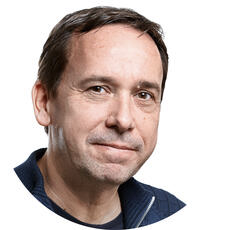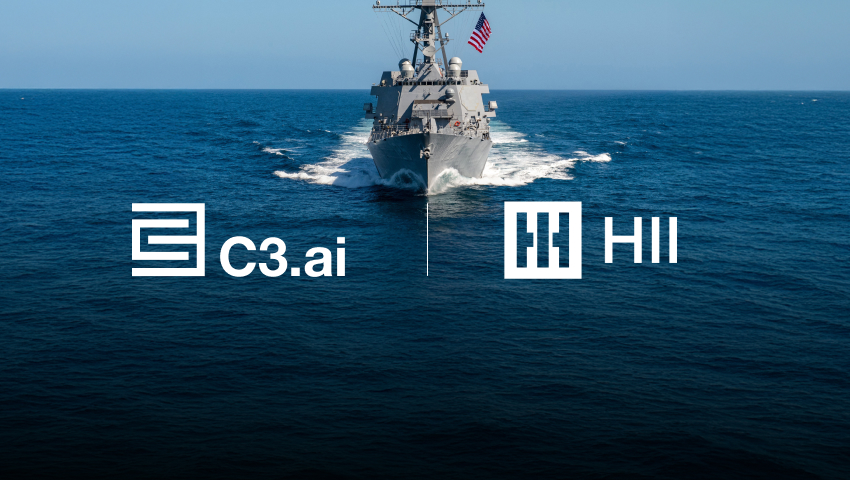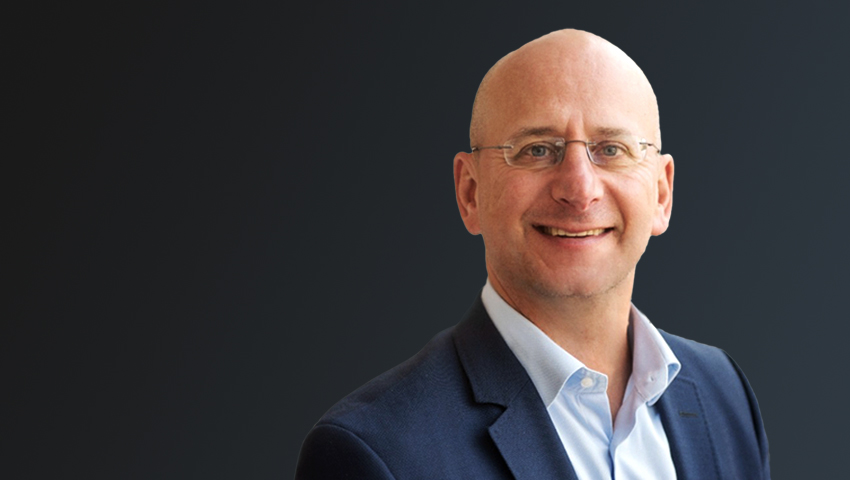German business magazine WirtschaftsWoche profiled C3.ai CEO Thomas M. Siebel‚ focusing on his personal history and role in Silicon Valley innovation‚ the AI market opportunity‚ and the evolution of C3.ai.
Software Billionaire Tom Siebel Strikes Again
By Matthias Hohensee‚ WirtshaftsWoche
A catastrophic elephant attack in Tanzania almost cost US software billionaire Tom Siebel his life in 2009. Now he keeps a powerful photo of a charging elephant hanging in his office as a reminder.
“Most people don’t survive such accidents because they get trampled‚” said the entrepreneur‚ who was on a photo safari at the time. With Siebel‚ however‚ the elephant pulled back just in time. “I was very lucky‚” he said.
That moment changed everything. Siebel’s right leg was almost destroyed‚ his left injured‚ and several ribs broken. He was in a wheelchair for three years. After dozens of operations‚ the 66-year-old walks again‚ plays volleyball‚ kitesurfs‚ sails‚ and above all‚ focuses on making his company C3.ai a success.
With his unshakeable optimism and powerful belief in his mission‚ Siebel is typical of Silicon Valley culture. He helped shape it. In the early eighties‚ he was one of the first employees of the database giant Oracle. But Siebel is best known as the “father of customer relationship management.” He founded Siebel Systems in 1993. It quickly became the CRM market leader and employed 8‚000 people at its peak. In September 2005‚ Oracle acquired the company for $5.8 billion. The deal made Siebel rich—Forbes magazine currently estimates his assets at around $3 billion. But he hasn’t stopped working. As a philanthropist and thought leader‚ his influence in Silicon Valley continues to be significant. Siebel is involved in education‚ awards scholarships to researchers‚ and fights drug abuse among young people‚ all through his foundation. He is known for not mincing his words when it comes to controversial topics. He considers it “horrible” that Facebook apparently played down the influence of Russian propaganda in the 2016 U.S. election. “History will look back unkindly at social networks‚” said Siebel. “They need to be regulated before they destroy the roots of freedom and democracy.”
The billionaire also has a clear opinion about his current company. “C3.ai will be bigger than Siebel Systems‚” he said‚ as he escorted Hohensee through the office‚ past meeting rooms‚ patent certificates‚ and awards. In the lobby‚ a flat screen showed the day’s meetings: Microsoft‚ Intel‚ and the U.S. Air Force. “I love transparency‚” said Siebel. On a second monitor‚ a continuous slideshow highlights employees and members of the C3.ai board‚ including former security advisor Condoleezza Rice‚ former president of Yale University Richard Levin‚ and Apple’s chief counsel Bruce Sewell. Siebel himself is featured in interviews with CNN and CNBC‚ as a speaker at conferences‚ and in a photo of his 43-meter sailing yacht Svea. His motto is emblazoned in large letters on the wall next to it: “Miracles happen … but you have to plan for them very carefully.”
That’s what C3.ai software is making possible: Companies can build applications using existing data and apply machine learning for tasks such as predictive maintenance and yield optimization. The French power supplier ENGIE saves more than $100 million a year with C3.ai‚ according to ENGIE CEO Isabelle Kocher. The U.S. Air Force uses the software to effectively maintain aircraft. Oil company Shell uses C3.ai to better plan production.
“With C3.ai‚ companies can quickly build their own apps and adapt them to their specific needs‚ which doesn’t work with off-the-shelf software‚” said Constellation Research analyst Holger Mueller‚ who has known Siebel for more than 20 years. However‚ the company must expand even more into other sectors; it has been focused on the energy sector and large customers. The focus is no coincidence. When it was founded ten years ago‚ C3.ai offered software that utilities could use to effectively manage energy. Then the accident threw Siebel off the rails. By the time he recovered‚ his company was on the verge of failure. But giving up was out of the question. In the fall of 2011‚ however‚ he let go almost all of the company’s 150 employees. Together with the remaining programmers‚ he focused the company on the analysis of sensor data.
Today‚ C3.ai has annual revenue of more than $100 million‚ 290 employees‚ and $250 million in venture capital financing‚ with an estimated valuation of at least $1.5 billion. The prospect of gaining deeper insights and better automation through machine learning and artificial intelligence is energizing managers worldwide. But C3.ai faces competition from companies like Siemens‚ GE‚ Microsoft‚ IBM‚ Oracle‚ and SAP.
Although C3.ai relies on AI‚ Siebel recognizes both the benefits and potential risks of the technology. The dangers of AI are quite real so we must create clear and internationally-binding governance. “I am not a fan of government regulation‚ but in this case‚ politicians must act‚” said Siebel.
The billionaire talks passionately about C3.ai‚ as if there was little room in his life for anything else. However‚ since the elephant accident‚ his priorities are different‚ especially around family and health. At the same time‚ he has become more willing to take risks. A small plexiglass cube stands on Siebel’s desk‚ holding the remnants of a shattered iPhone in his pocket at the time of the attack. “If a competitor threatens to wipe me out today‚” said Siebel‚ “I reply‚ I’ve already survived that.”
Read the original article here.





